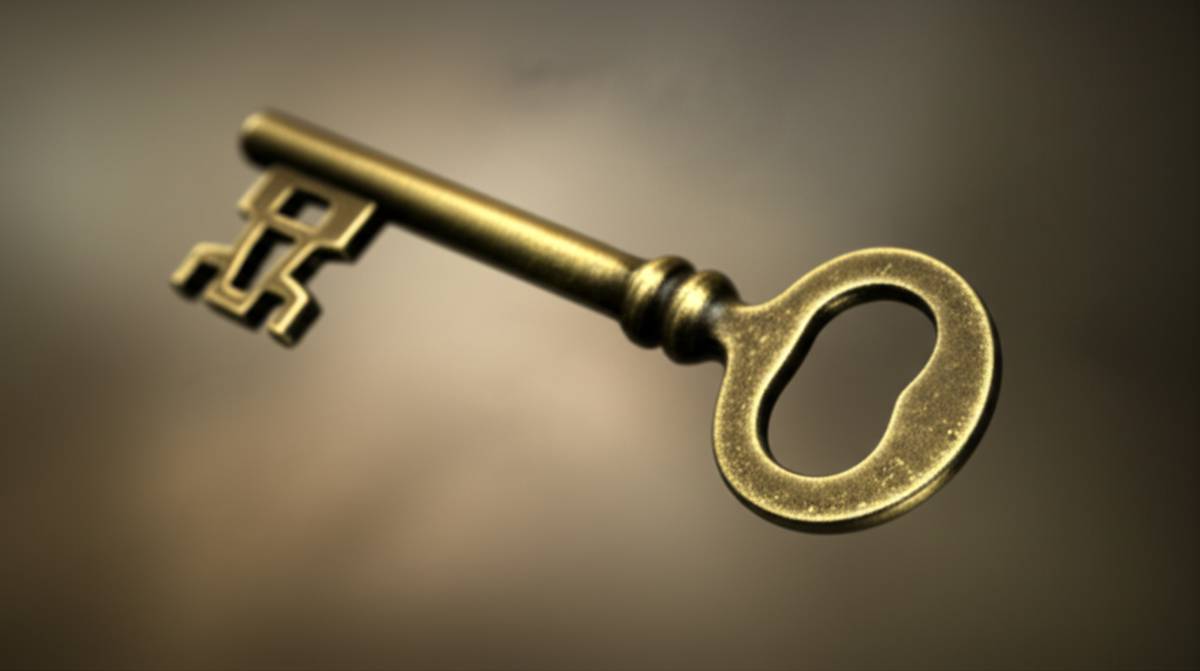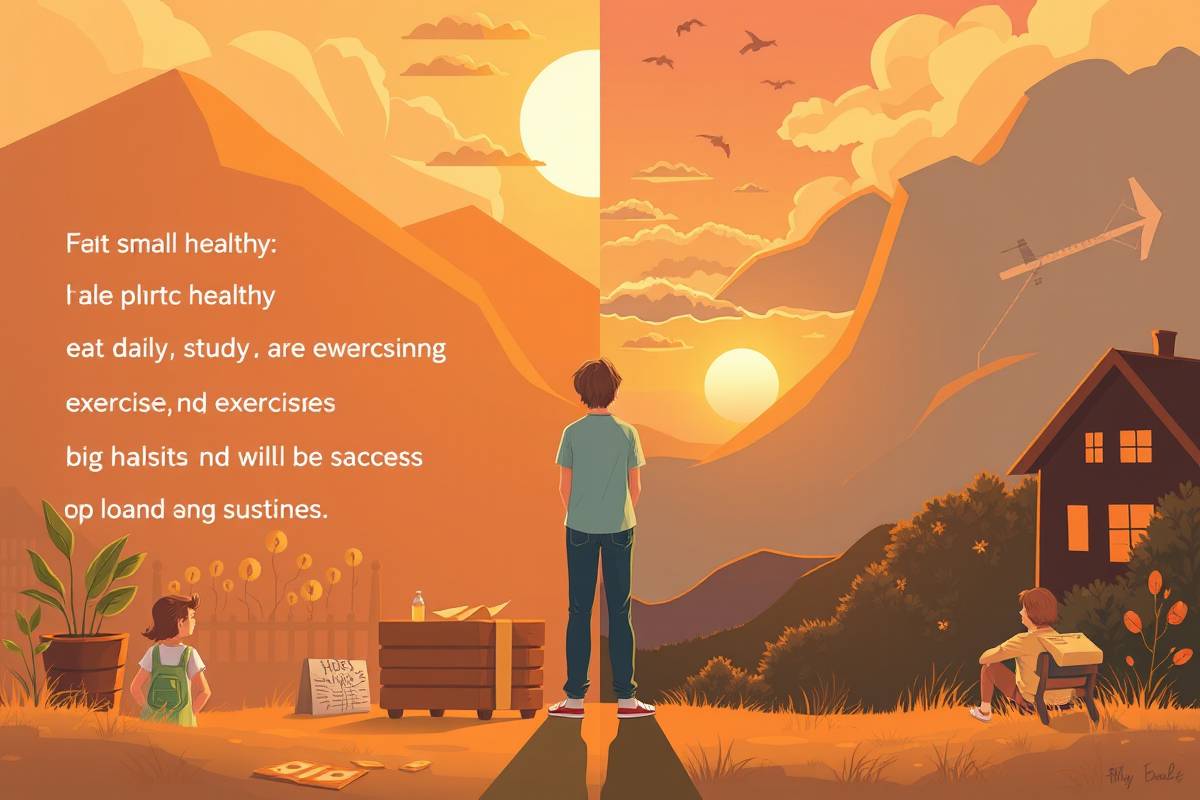Finding a healer, therapist, coach, or guide is a huge step toward growth and well-being. But what happens when the very person you trust to help you heal subtly undermines your reality? The truth is, sometimes, a healer is not a gaslighter, but sometimes they can be, even unintentionally. This article will equip you with the knowledge to distinguish between genuine support and manipulative tactics so you can protect your mental and emotional health. We’ll explore the red flags of gaslighting in a healing context and guide you toward building healthy relationships with those who are truly there to help you thrive. We want to empower you to seek support that uplifts and validates your experiences.
Understanding Gaslighting: A Subtle Form of Manipulation
Gaslighting is a form of emotional abuse that makes you question your sanity and perception of reality. It’s often subtle, making it difficult to recognize, especially when it comes from someone you trust. Gaslighters typically deny your experiences, twist your words, and make you doubt your memory. This can leave you feeling confused, anxious, and isolated. Understanding the core tactics is crucial in differentiating whether a healer is not a gaslighter. You can learn more about creating a safe space for yourself at Billionmode Life Design.
Common Gaslighting Tactics:
- Denial: “That never happened,” or “You’re imagining things.”
- Trivializing: “You’re overreacting,” or “It’s not a big deal.”
- Shifting Blame: “You made me do it,” or “If you hadn’t…, then I wouldn’t have…”
- Countering: Questioning your memory of events, even when you have evidence.
- Withholding: Refusing to listen or understand your concerns.
Why Gaslighting Can Occur in Healing Relationships
It might seem counterintuitive, but gaslighting can sometimes surface within healing relationships. This doesn’t necessarily mean the healer is intentionally malicious, but it highlights the importance of awareness and boundaries. Here are some contributing factors:
- Power Imbalance: The healer is often perceived as an authority figure, which can create a power dynamic that makes it easier for them to subtly manipulate the situation.
- Unresolved Personal Issues: A healer might project their own unresolved traumas or biases onto their clients, leading to unintentional gaslighting.
- Lack of Self-Awareness: Some healers may simply be unaware of their own manipulative tendencies.
- Misguided Attempts to “Help”: Sometimes, a healer may believe they’re helping by challenging your perspective, but their approach can inadvertently invalidate your feelings.

Recognizing Red Flags: Is Your Healer Gaslighting You?
Identifying gaslighting requires careful self-reflection and awareness of your own feelings. If a healer is not a gaslighter, they should be validating your experiences. Here are some red flags to watch out for:
- Constant Self-Doubt: Do you frequently question your sanity or memory after sessions?
- Feeling Invalidated: Does your healer dismiss or minimize your feelings?
- Blame Shifting: Are you constantly being blamed for your own problems or the healer’s reactions?
- Isolation: Do you feel like you can’t talk to anyone else about your experiences with the healer?
- Confusion: Do you leave sessions feeling more confused and disoriented than before?
- Gut Feeling: Trust your intuition. If something feels off, it probably is.
Examples of Gaslighting Phrases in a Healing Context
Here are some specific examples of phrases a gaslighting healer might use:
- “You’re just being negative. You need to focus on the positive.” (This invalidates negative emotions, a form of toxic positivity.)
- “That didn’t happen the way you remember it. You’re exaggerating.”
- “You’re too sensitive. You need to toughen up.”
- “You’re misunderstanding me. I’m just trying to help you.”
- “If you were really committed to healing, you wouldn’t feel this way.”
Setting Healthy Boundaries and Protecting Yourself
If you suspect that your healer is gaslighting you, it’s crucial to take steps to protect yourself. This starts with setting firm boundaries. Clearly communicate your needs and expectations. Don’t be afraid to say no. Remember, a healthy healing relationship is built on trust, respect, and mutual understanding. Healthy boundaries are essential for building wealth and achieving your goals. Explore more on this topic at Billionmode Wealth Building. Setting boundaries means:
- Knowing your limits: What are you comfortable sharing? What kind of feedback is helpful, and what isn’t?
- Communicating assertively: Express your needs and boundaries clearly and respectfully.
- Enforcing consequences: What will you do if your boundaries are crossed?
Seeking Support and Finding a Trustworthy Healer
If you’re struggling with gaslighting in a healing relationship, remember that you’re not alone. Reach out to trusted friends, family members, or other professionals for support. Consider seeking a second opinion from another healer. And most importantly, don’t be afraid to end the relationship if it’s no longer serving you. Finding a trustworthy healer is an investment in your well-being. Look for someone who:
- Listens actively and validates your feelings.
- Respects your boundaries.
- Is transparent and ethical in their practice.
- Is willing to admit when they’re wrong.
- Prioritizes your well-being above all else.
Navigating the world of healing can be complex, but by understanding gaslighting, setting healthy boundaries, and trusting your intuition, you can find the support you need to thrive. Remember, a true healer is not a gaslighter; they are a source of empowerment and validation on your journey to well-being. Check out our start here page for more resources on building a fulfilling life.
Ready to Transform Your Life?
Don’t let manipulative relationships hold you back from achieving your full potential. Sign up for our newsletter and receive exclusive insights, tools, and strategies for building wealth, achieving freedom, and living a meaningful life. Your journey to empowerment starts now! Visit our blog for more empowering content.
FAQ: Healer is Not a Gaslighter
What is gaslighting and how does it manifest in healing relationships?
Gaslighting is a form of emotional manipulation where someone makes you question your sanity and perception of reality. In healing relationships, it can manifest as a healer denying your experiences, trivializing your feelings, or blaming you for their reactions. For example, a healer might say, “You’re just being negative,” when you express a valid concern, or “That didn’t happen the way you remember it.”
How can I differentiate between a healer challenging my perspective and gaslighting?
The key difference lies in the intent and impact. A healer who is genuinely challenging your perspective will do so with respect, empathy, and a willingness to listen to your response. They’ll validate your feelings even if they disagree with your interpretation. A gaslighting healer, on the other hand, will dismiss your feelings, deny your experiences, and make you feel like you’re crazy for questioning them. Trust your gut – if it feels like manipulation, it probably is.
What should I do if I realize my healer is gaslighting me?
First, validate your own experience. You’re not crazy, and your feelings are valid. Second, set firm boundaries. Clearly communicate what you’re comfortable with and what you’re not. If the gaslighting continues, it’s essential to end the relationship. Seek support from trusted friends, family members, or another professional. Remember, your well-being is paramount, and you deserve to be in a healing relationship that empowers and validates you. Explore digital income strategies at Billionmode Digital Income to create more financial independence and freedom.



